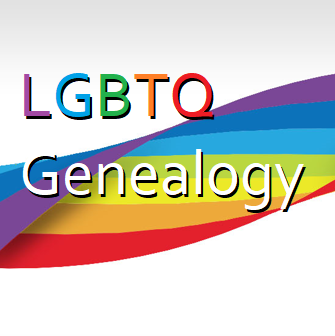Navigating Professional Landscapes: The LGBTQ Experience
The stereotype of the gay hairdresser isn’t merely a cliché; it reflects a profession that not only attracts some men but also serves as a pragmatic choice for survival. For many homosexuals, the risk of being discovered meant potential job loss or professional ostracism—a reality that persists in certain parts of the USA even today.
While federal laws shield against workplace discrimination based on sex, race, national origin, religion, age, and disability, there is no federal protection based on sexual orientation. This gap in legislation is currently under scrutiny, with the U.S. Supreme Court set to rule on cases that present conflicting views on whether Title VII of the Civil Rights Act of 1964 covers sexual orientation. The outcome of these cases may determine whether sexual orientation becomes a federally protected class later this year.
In 2014, President Barack Obama signed Executive Order 13672, extending protection against discrimination in hiring and employment to include gender identity and sexual orientation in federal contracts. However, this progress was reversed in 2017 when Trump revoked the executive order just two months into his term.
State laws regarding sexual orientation discrimination vary widely, especially between public and private sectors. Presently, only 23 states offer some protections for LGBTQ individuals, and Lambda Legal provides comprehensive state-by-state information. Additionally, county and municipal levels may offer further protections. In an environment where hate can jeopardize one’s livelihood, many LGBTQ individuals find safety in entrepreneurship, independent contracting, or professions with easily transferable skills.
The stereotypical hairstylist, for instance, can own a salon and escape potential prejudices from a boss. Independence is also attainable in professions such as floristry, interior decoration, and other mobile occupations. Registered nurses, possessing skills valued across various locations, can choose different job sites. LGBTQ individuals often gravitate toward the arts, where professions like dancers, artists, authors, actors, and sculptors provide opportunities for independence and mobility, even if they may still face discrimination.
In exploring family history, examining the professions of LGBTQ ancestors can offer insights. Census data, phone books, and other records may reveal whether their occupations were independent or mobile. For those in less flexible professions, they may have been living in greater fear. Carefully concealing their sexuality was a strategic choice to avoid risking their livelihood.
Sources:
Barreiro, Sarah. “Sexual Orientation Discrimination: Your Rights” Nolo.com. https://www.nolo.com/legal-encyclopedia/sexual-orientation-discrimination-rights-29541.html (accessed 4 Feb 2020).
“LGBT employment discrimination in the United States” Wikipedia.com. https://en.wikipedia.org/wiki/LGBT_employment_discrimination_in_the_United_States (accessed 4 Feb 2020).
Update on 16 June 2020.
In a landmark decision, the Supreme Court of the United States has ruled, in a 6 to 3 vote, that the Civil Rights Act of 1964 also extends to LGBTQ people. It is now illegal to terminate someone’s employment just for being queer.
- Civil Rights Law Protects Gay and Transgender Workers, Supreme Court Rules in the New York Times
- Supreme Court says gay, transgender workers protected by federal law forbidding discrimination in the Washington Post
- US Supreme Court backs protection for LGBT workers in BBC News



